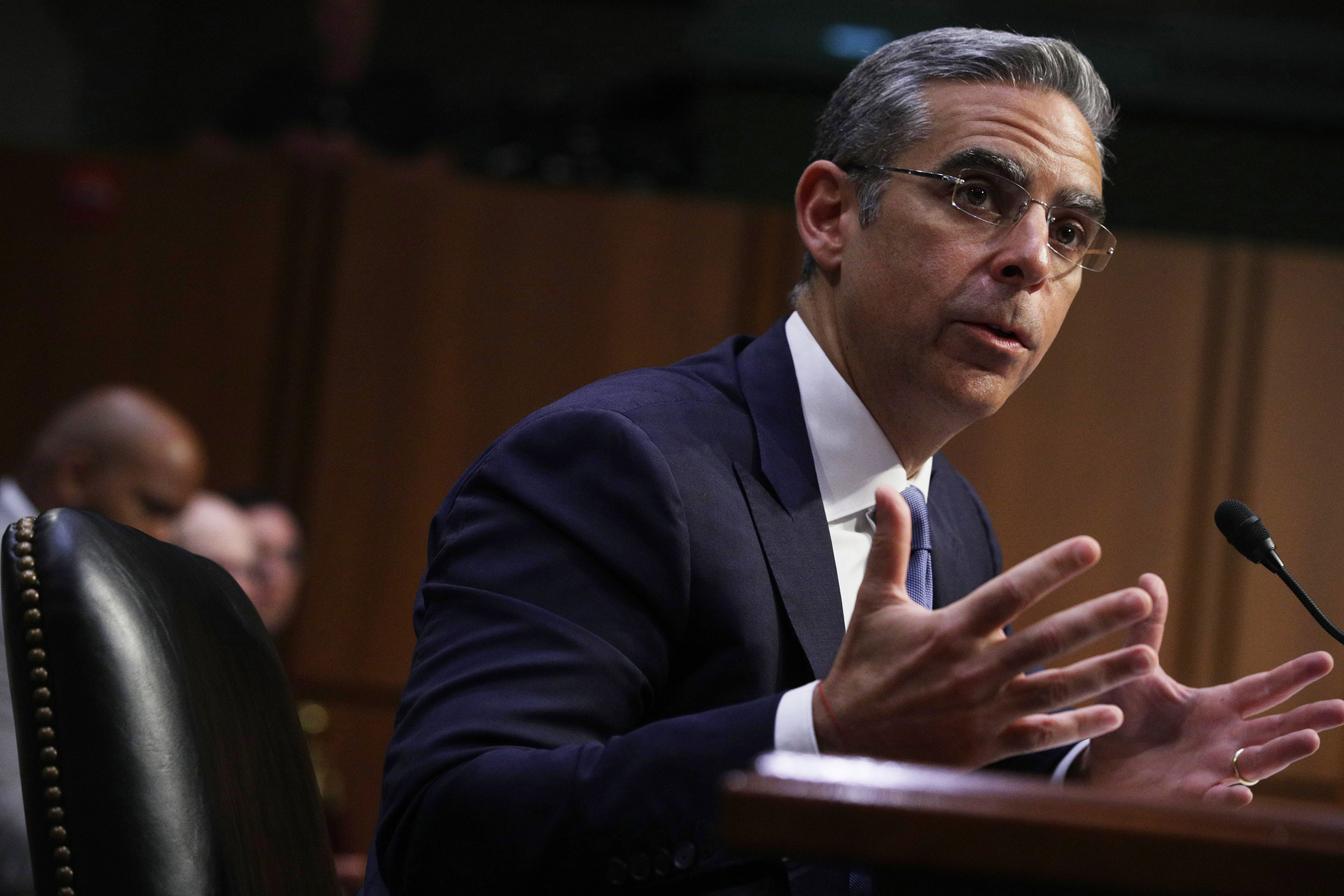Facebook’s regulation dodge: Let us, or China will

Facebook is leaningon fears of China exporting its authoritarian social values to counter arguments that it should be broken up or slowed down. Its top executives have each claimed that if the U.S. limits its size, blocks its acquisitions or bans its cryptocurrency, Chinese company’s absent these restrictions will win abroad, bringing more power and data to their government. CEO Mark Zuckerberg, COO Sheryl Sandberg and VP of communications Nick Clegg have all expressed this position.
The latest incarnation of this talking point came in today’s and yesterday’s congressional hearings over Libra, the Facebook-spearheaded digital currency it hopes to launch in the first half of 2020. Facebook’s head of its blockchain subsidiary Calibra, David Marcus, wrote in his prepared remarks to the House Financial Services Committee today that (emphasis added):
I believe that if America does not lead innovation in the digital currency and payments area, others will.If we fail to act, we could soon see a digital currency controlled by others whose values are dramatically different.

WASHINGTON, DC – JULY 16: Head of Facebook’s Calibra David Marcus testifies during a hearing before Senate Banking, Housing and Urban Affairs Committee July 16, 2019 on Capitol Hill in Washington, DC. The committee held the hearing on “Examining Facebook’s Proposed Digital Currency and Data Privacy Considerations.” (Photo by Alex Wong/Getty Images)
Marcus also told the Senate Banking Subcommittee yesterday that “I believe if we stay put we’re going to be in a situation in 10, 15 years where half the world is on a blockchain technology that is out of reach of our national-security apparatus.”.
This argument is designed to counter House-drafted “Keep Big Tech Out of Finance” legislation that Reuters reports would declare that companies like Facebook that earn over $25 billion in annual revenue “may not establish, maintain, or operate a digital asset . . . that is intended to be widely used as medium of exchange, unit of account, store of value, or any other similar function.”
The message Facebook is trying to deliver is that cryptocurrencies are inevitable. Blocking Libra would just open the door to even less scrupulous actors controlling the technology. Facebook’s position here isn’t limited to cryptocurrencies, though.
The concept crystallized exactly a year ago when Zuckerberg said in an interview with Recode’s Kara Swisher, “I think you have this question from a policy perspective, which is, do we want American companies to be exporting across the world?” (emphasis added):
We grew up here, I think we share a lot of values that I think people hold very dear here, and I think it’s generally very good that we’re doing this, both for security reasons and from a values perspective. BecauseI think that the alternative, frankly, is going to be the Chinese companies. If we adopt a stance which is that, ‘Okay, we’re gonna, as a country, decide that we wanna clip the wings of these companies and make it so that it’s harder for them to operate in different p
Be the first to write a comment.







